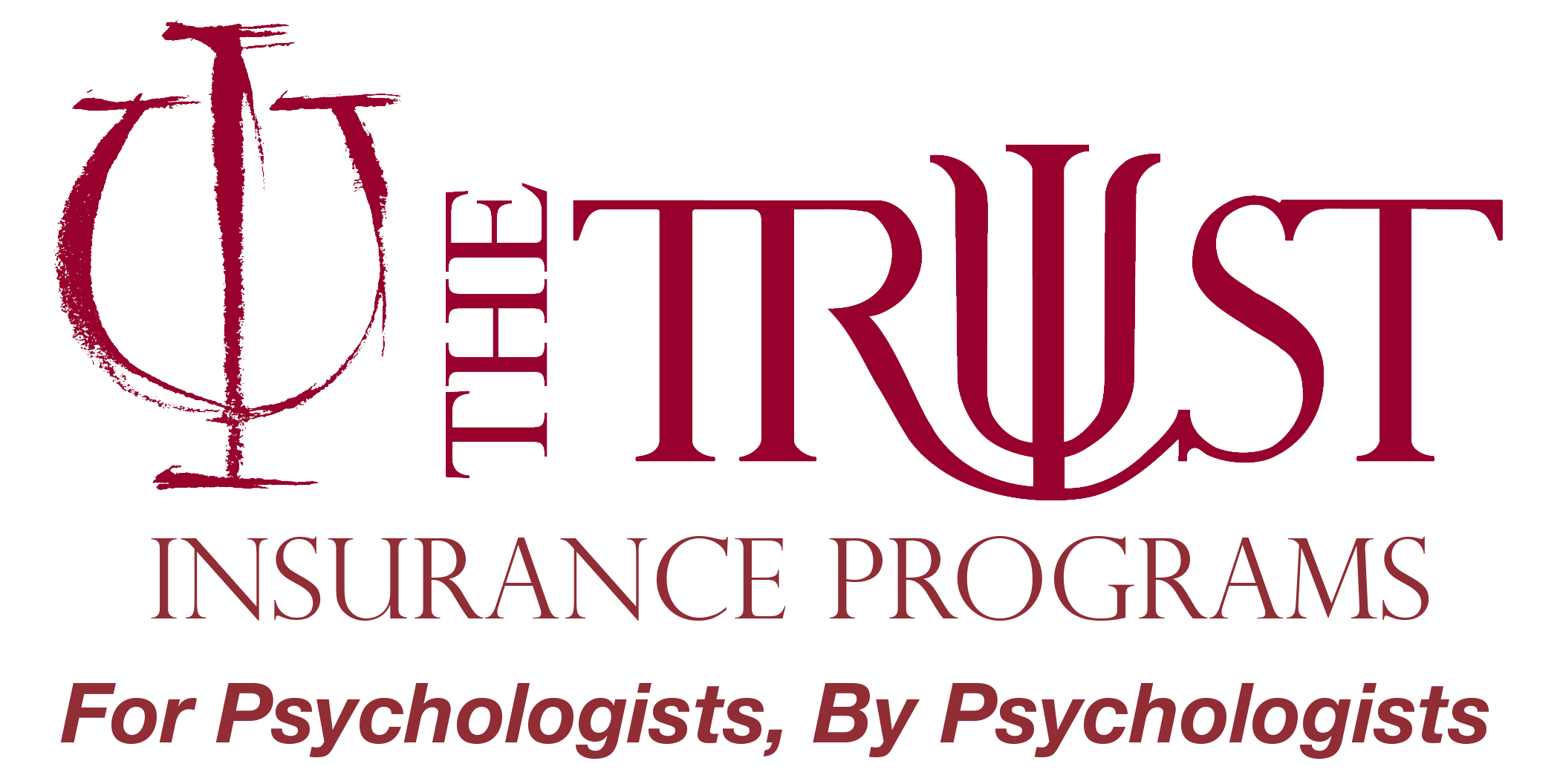Rorschach Performance Assessment System (R-PAS) TrainingJames Gormally, Ph.D., ABPPMay 24, 20199:00am- 4:30pm Pre-registration is CLOSED. Onsite registration will open at 8:30 am. Workshop Level: Intermediate This workshop is for persons who are familiar with the Rorschach. No prior training on the R-PAS is necessary. If you know how to administer the test and how to code using Exner’s Comprehensive System, you should find the workshop beneficial to you in your assessment work. The workshop would also be appropriate for those who know something about R-PAS, and want to deepen their knowledge of the system. Having an R-PAS manual to use is recommended but not required. Please bring your inkblots to the workshop. When you enroll for the workshop, you will be sent homework, which contains some simple coding questions to ponder. This training tool was developed to reinforce what you have learned about coding using the Comprehensive System (CS) as well as introduce you to R-PAS coding rules. The coding questions on the homework refer you to specific pages in the R-PAS manual to facilitate your learning. We start the workshop by going over the homework, to help you learn what has changed about coding. This is followed by small group practice sessions on some of the more complicated coding issues (thematic/cognitive special scores). Training triads are then formed to help you learn how to deliver instructions for taking the test and how to inquire, using role-played practice on blots of your choice. The triads are given handouts to use as coaching aids, so you learn how to start the test in a standardized fashion. After practice, a handout is used to go over specific problems that occur during administration (low R, card rejections). After lunch, we then turn our attention to how to interpret the R-PAS profile of scores, using an adult outpatient psychotherapy evaluation. The workshop ends with a brief lecture on the empirical foundation of the R-PAS, with emphasis on how problems with the CS were addressed and corrected. The methodology used to create the new form quality tables is described, with some discussion of how the R-PAS attempts to bridge cultures. Some of the reasons why persons are not making the switch to R-PAS are also discussed. Five weeks after the workshop, there will be lunch and learn program for one hour. Advice about insurance billing using the new CPT codes for testing will also be provided. This will give you an opportunity to ask questions about administration and coding using R-PAS. You will be invited to e-mail questions before the program. After attending this workshop, attendees will be able to:
Jim Gormally, Ph.D, ABPP has successfully passed the tests certifying proficiency on coding and administration skills for the R-PAS. He has volunteered to collect data for the new R-PAS norms and reviews work samples for the certification test on R-PAS administration proficiency. He made the switch from the CS to R-PAS in 2012. He started using the Rorschach in 1988, under the tutelage of Bob Dies (a former student of Exner and long-time faculty member at UMd). He attended 14 trainings conducted by Rorschach Workshops, and published a chapter on the forensic use of the Rorschach using data from over 100 fitness for duty evaluations scored and interpreted using the CS. He has taught assessment at the graduate level and trained interns at the Walter Reed National Military Medical Center. |

